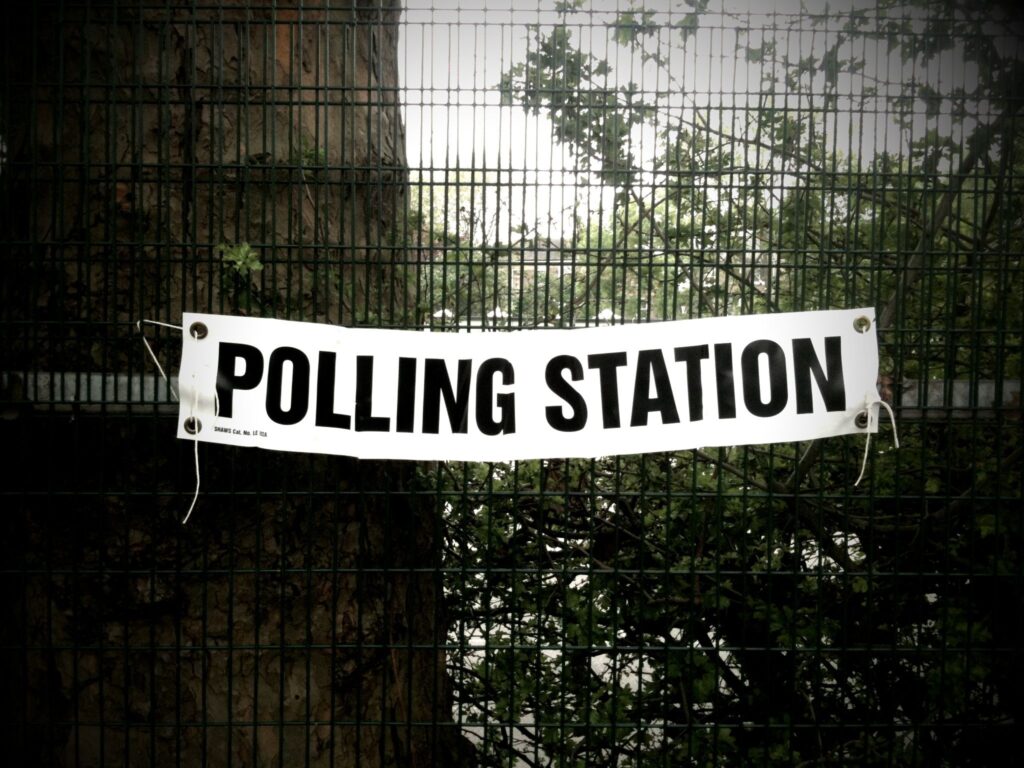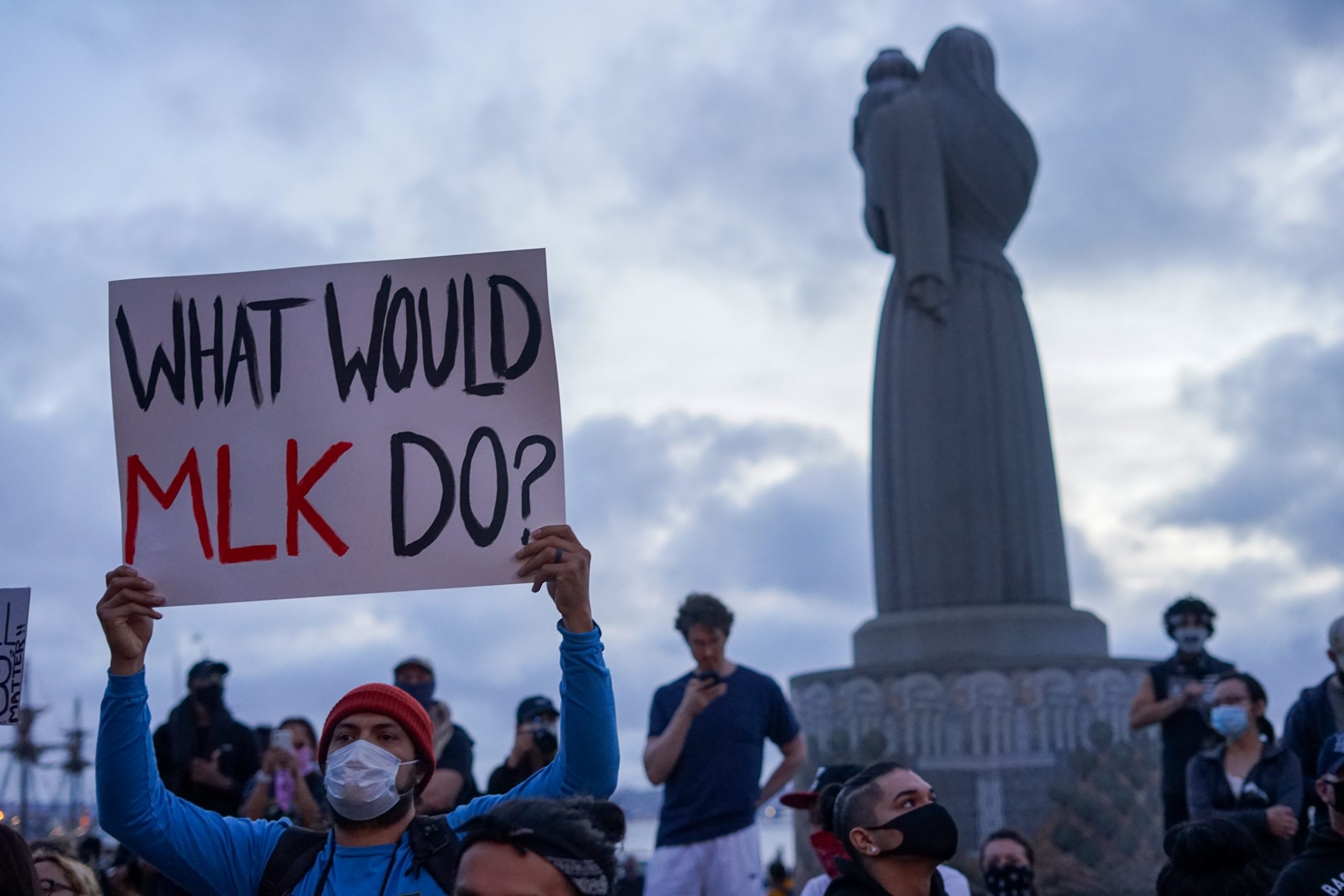What to prioritise when democracy is at risk

The international Coronavirus outbreak has serious implications for democracy worldwide. In the #NeverLockdownDemocracy blog series, the NIMD network takes a global view of how we can respond to the pandemic as we continue our work to protect democracy. Follow @WeAreNIMD on Twitter and the hashtag #NeverLockdownDemocracy to never miss a post.
By Kathleen Ferrier, NIMD Supervisory Council Member and Former Member of the Parliament of the Netherlands
2020 will be remembered as the year of COVID-19. The year that an invisibly tiny creature, a deadly virus, got us all on our knees and showed us that in spite of our man/woman-made divisions – such as ethnicity, education, age, and our physical abilities – we are all equal. We are all vulnerable human beings, all dependent on the planet we live on, and on each other. COVID-19 also showed us how vulnerable democracies can be, which made me think: what should our immediate priorities be to defend democracy today?
The great leveller?
Once we realized that anyone and any country could fall victim to COVID-19, we hoped this could bring people together. There was public acceptance that we are all equal and we need to care for our environment, and we became excited about the prospects for change. From our homes in lockdown, we thought about a world away from the rat race, with more quality time with loved ones and more respect for the earth and our fellow human beings. Many assumed that going ‘back to normal’ should not be an option, because normal caused the problem.

In the beginning there was hope that the virus would be humanity’s wake-up call, the ‘great leveller’. By showing our interdependence, we were hoping the virus would promote democratic values, such as active participation of people as citizens, in politics and civic life, protecting human rights and (of course) free and fair elections.
But halfway into 2020, we are seeing that this is far from a sure thing. In fact if we want this kind of change in society, we will have to fight for it.
The reality
What COVID-19 has really done is shine a light on the shortcomings in modern social, economic and political structures. But awareness alone is not enough to lead to actions. And those opposed to democracy are taking actions already.
Their actions mean that not only is public health at risk, but democracy is as well. In many places, hard-won democratic rights are being swept aside through the use of emergency measures, like we are seeing in Zimbabwe. Elections are being postponed, like in Hong Kong, or held under problematic conditions – see the discussions in the United States on voting by mail. Essential freedoms are eroding.
These trends make it clear: sitting idle is not an option. Democracy is indeed under threat – but we also have momentum. The virus has opened our eyes to society’s divisions, in a way many people had never seen before.
As passionate democracy advocates, this forces us to act.
But where and how to start?
If we are to seize this opportunity, there are three priorities for governments and those serious about strengthening democracy in the wake of COVID-19.
The first is to achieve a credible and free flow of information between experts, governments, and the public. That is crucial for securing two things: firstly a fact-based debate on policy options, and secondly the public trust in politics that democracy relies on. In this matter New Zealand sets an interesting example, where the Prime Minister Jacinda Ardern used regular, open and empathetic communications with the public to win their support for what were fairly severe anti-pandemic measures.
Secondly, it is crucial that the teams that work on the COVID-19 policies are diverse and inclusive. Measures taken now will have a huge impact on our future. National crisis teams that don’t reflect the diversity of their countries won’t have the knowledge or insights needed for crafting decent and effective policy. Instead of a better democracy, we will get the repeated pattern of exclusion based on race, gender, and the other arbitrary factors we divide ourselves with.
And thirdly, we should tap into the energy behind what is happening on our streets. In places such as Brazil, Belarus, and Thailand, people are taking to the streets to make their voices heard in higher numbers than we have seen for a long time. Many of them are young people, women, or members of communities left at the periphery of politics, now coming forward to voice their discontent with undemocratic acts.
The time is now
This energy is what drives democracy – the energy to make one’s voice heard and to participate in civil society. We see it in Minsk, where women dressed in white lead the protests, and when large, ethnically mixed groups, take to streets of cities in Europe and the USA because Black Lives Matter. Leaders of all nations should take heed.
COVID-19, with all its restrictions and uncertainties, provides a momentum to build a more just and inclusive democracy in its aftermath. If we let this energy for change slip through our fingers, we will be paying the price long after the pandemic is over.

I am not saying that this is easy, I am saying that this is urgent. The rise of populism and movements like QAnon are, at least partially, based on citizens’ perception that political decision-making and politics is not about them, and not about the challenges they are facing day by day. COVID-19 presents an opportunity for leaders to show that they take democracy seriously, and prove that perception wrong.
How NIMD will play its part
NIMD will use its position as a network organization, with its country offices across the world, to seize the momentum for democratization. We should not go into defense, but into offense, working together with old and new allies. NIMD is prepared to use the new situation to stand for democracy everywhere it is at risk – and that is unfortunately in many places.
The Chinese word for crisis consists of two characters. One means dangerous (wēi) and the other (jī) meaning opportunity. This COVID-19 crisis is indeed dangerous, but it is an opportunity as well. These times show us how fragile democracies are, and how quickly change can come about.
They also show why NIMD’s work strengthening democracy is so important. And I am glad to be part of NIMD and have the chance to use this momentum, to stand up for democracy.
